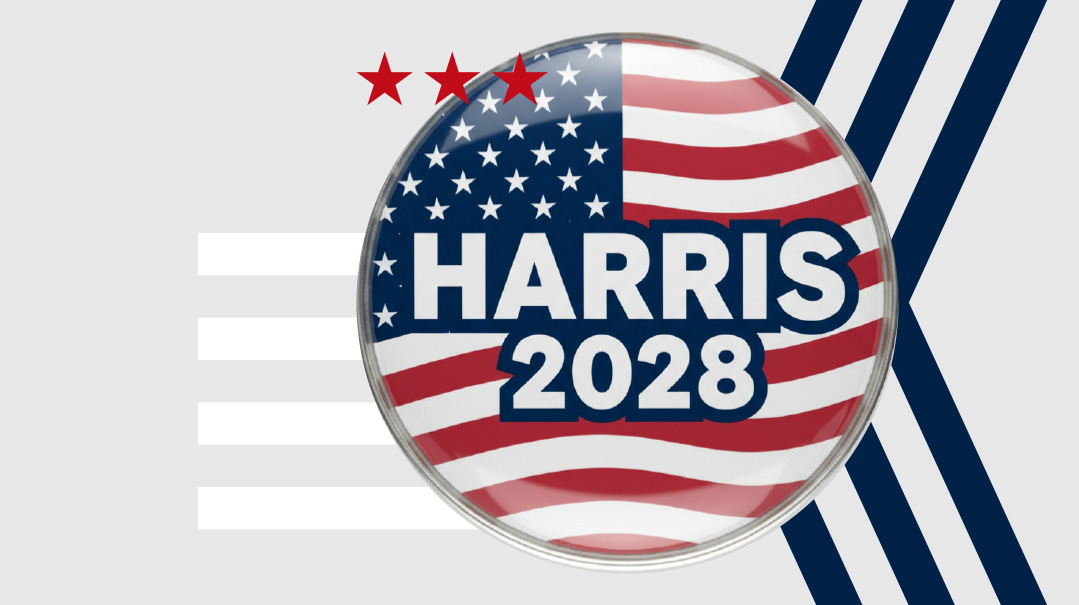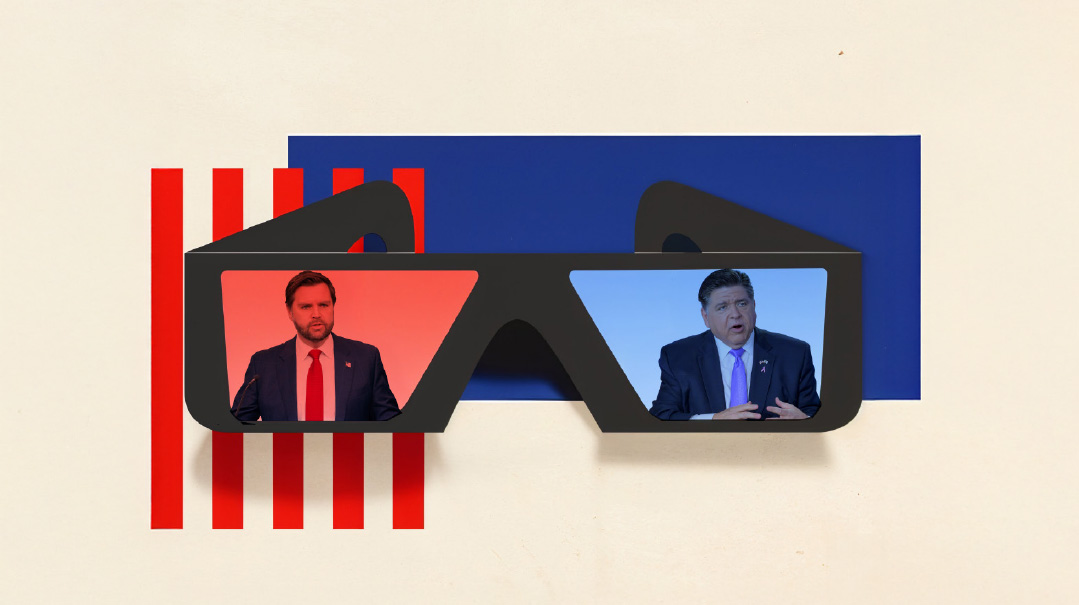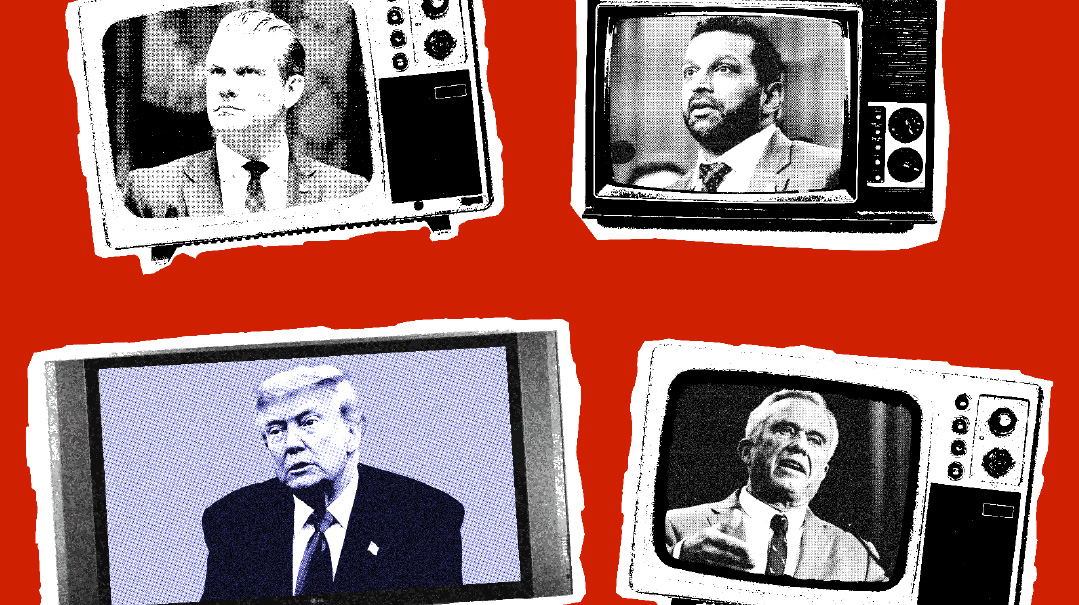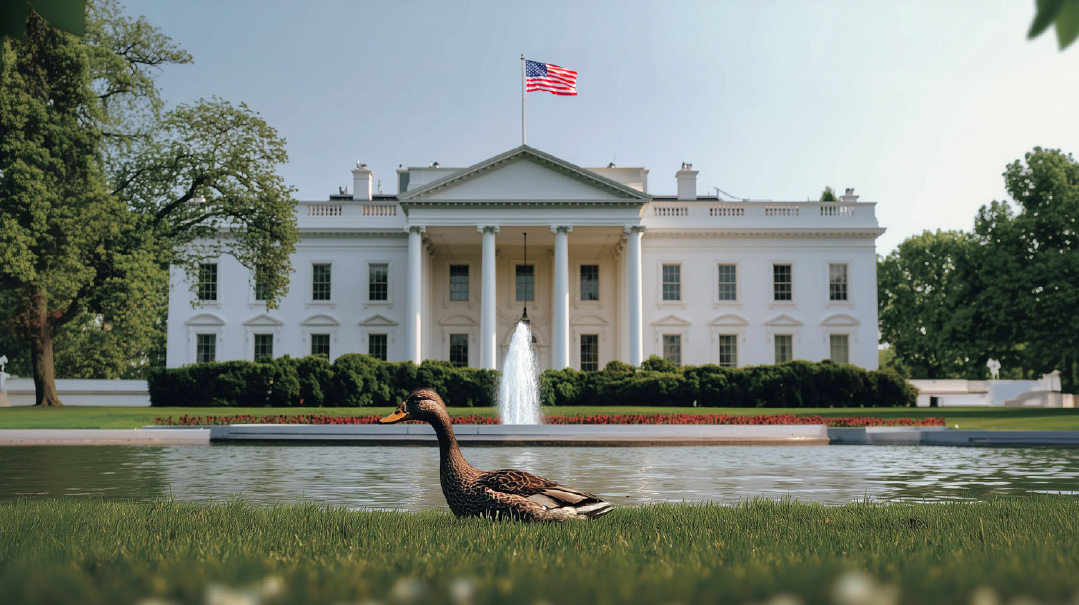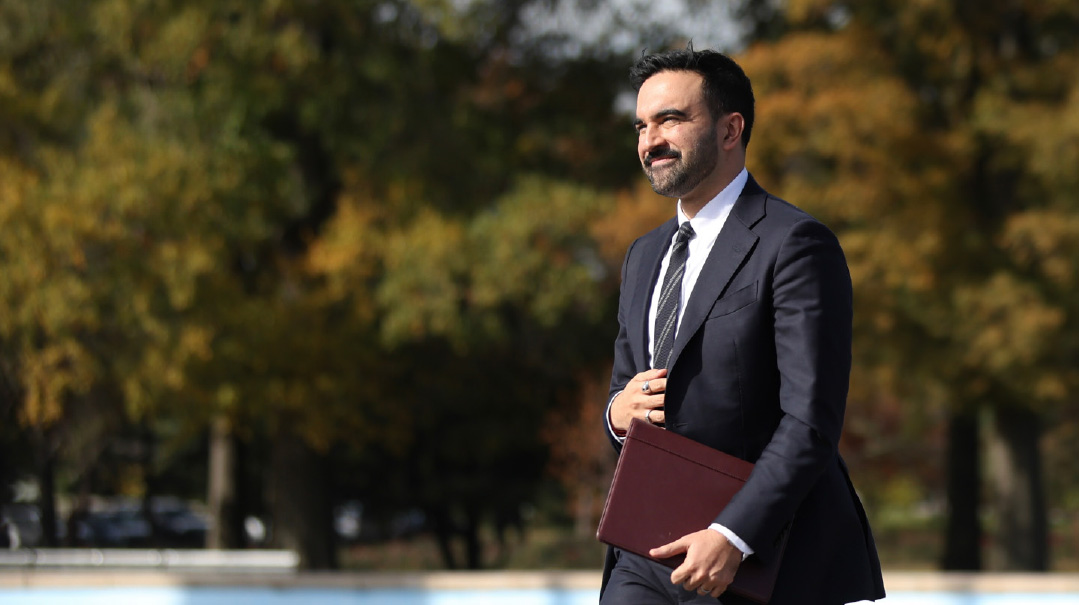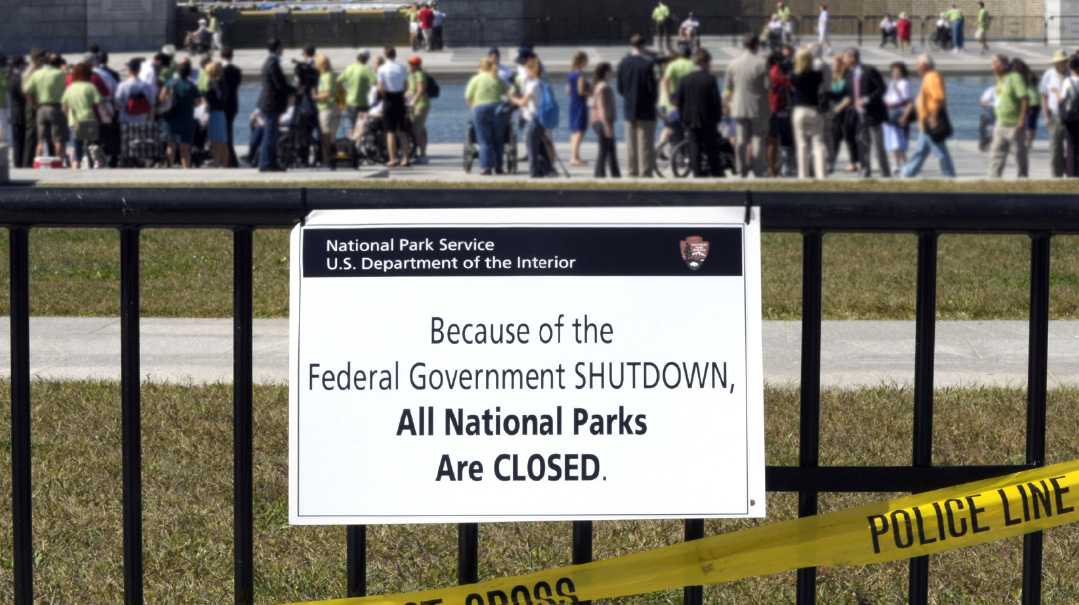What’s in the Back of Every Politician’s Mind

Rule #3: Always be thinking about the next election
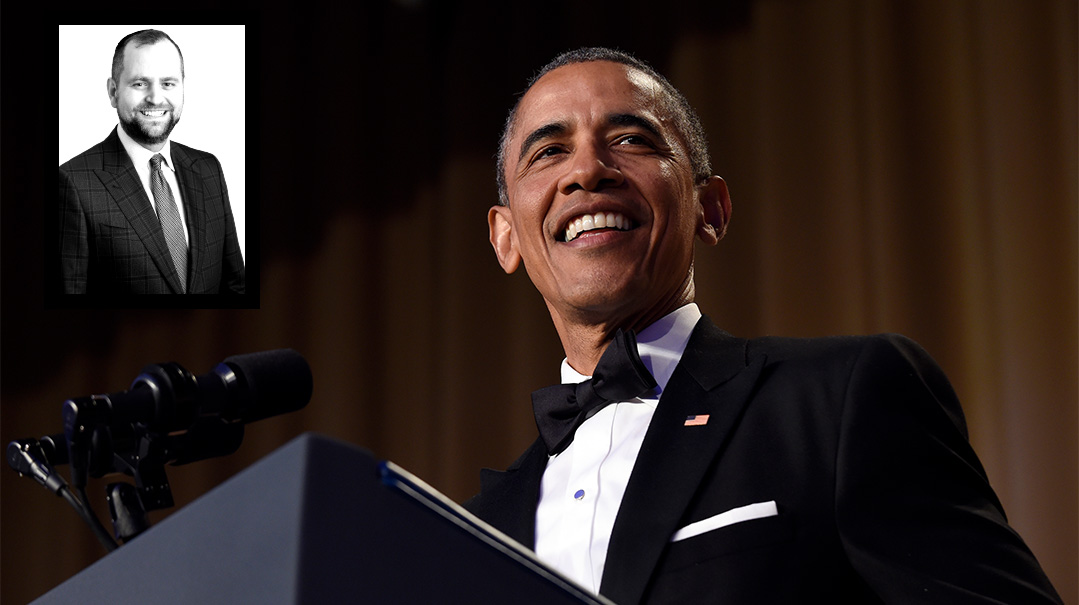
A month before Congressman Joe Crowley’s 2018 reelection campaign kicked off, I spoke to one of his aides. I asked him about the New York Times story about a bartender running against Congressman Crowley. The aide wasn’t concerned in the least, and replied that his boss was an incumbent with many more years of experience and much more name recognition. A few weeks later, the world was stunned when AOC defeated Crowley in the primary.
Crowley’s downfall was a reminder of a cardinal principal of politics that activists should bear in mind. Politicians should always be thinking about the next election, because if they don’t, upsets like AOC happen.
Politicians finding themselves unemployed after not paying attention to reelection is a bipartisan activity. House Majority Leader Eric Cantor was similarly ousted in his Republican primary election. That was a stunning defeat at the time, but pundits chalked it up to a lack of focus on reelection.
“This is Eric Cantor’s fault. He was in Washington on Election Day, not back in his district,” CNN chief national correspondent John King said at the time. “His confidence, his smugness, his arrogance cost him his seat.”
“I always remind people, winners make policy and losers go home,” Minority Leader Mitch McConnell once famously said.
This quote reflects a fundamental truth any budding activist must realize when developing a relationship with a politician: Elections are always on their mind.
Elected officials spend a tremendous amount of time thinking about the next campaign. Some would argue that the best elected officials think about it all the time. How they vote on public policy, whom they meet, what they say — each consideration is factored into how it impacts their reelection.
One group of activists I took to Washington, D.C., was astonished to learn this reality when several senators and representatives refused to meet with them. “They asked us if we were from their state. When we told them no, they simply said they wouldn’t meet.”
This makes sense; these offices recognized that the visitors were not constituents, and therefore could not vote for their office-holders. A state elected official similarly lectured a group in his constituency that it’s public record who votes and who doesn’t, and before he returns someone’s call, he checks to see if that person voted or not — with the clear implication that he is less likely to return a non-voter’s call.
This mindset also explains why elected officials who announce they aren’t running for reelection are immediately tagged as “lame ducks.” This is a way of saying that an official who has no reelection focus is much less effective than others. Lame ducks will often not even be consulted on policy decisions or given a seat at major political strategic discussions in their party. They have left the flock…
With elections so important to politicians, it’s important for an activist to understand that any policy issue must have an underlying benefit to their reelection. Or at a minimum, whatever you’re advocating for can’t hurt their reelection.
It’s also important to track the telltale signs of how the constituency feels about their politicians before you invest too deeply in a relationship. Many times, voters begin to telegraph that they aren’t intent on reelecting an incumbent. It can come by way of word of mouth, or other more visible signs like social media, letters to the editor, or yard signs.
Stephen Sweeney, who led the New Jersey state senate for decades, was upended last year by a little-known truck driver named Ed Durr, who didn’t spend significant money on his race but had a compelling message and his finger on the pulse of the community. Durr knew that the district was fed up with Sweeney and thought he no longer represented their interests.
In fact, Sweeney’s campaign had so little feel for the local political pulse that they engaged in campaign tactics that backfired and helped Durr win. Instead of promoting Sweeney, his camp spent big money attacking Durr on social media.
Durr actually credited the attack ads with helping him to win: “One of the funny things was, my son goes and tells me, he says, ‘Yeah, Dad, they’re attacking you on Facebook, but every comment is in support of you and in opposition to him.’ ”
A few months before an election in Long Island, a new community activist told me he knew who was going to win, because the challenger was present more often, knew the local issues, and was sincere. I scoffed at this; the challenger was down 20 points in the polls, and the incumbent, whom I was friends with, was simply the better-known candidate. I advised people that the race was a foregone conclusion and they shouldn’t bother with the challenger. But when Election Day rolled around, the underdog candidate won handily.
The activist was right, because he remembered that elections are of fundamental importance to those who represent us. I had cost the community a relationship because I had forgotten that rule.
POLITICAL PLAY
THE PLACE
Black Tie & Boots Bush Inaugural Ball 2005
Obama’s Inaugural Neighborhood Ball 2009
WHAT HAPPENED
I was invited to the Bush inaugural ball as a congressional staff member. I attended by myself and mingled in a rented tuxedo. One of the speakers got up and said, “America has spoken.”
Four years later, I was married, and attended the Obama inaugural ball with my wife. Once again, a speaker got up and proclaimed into the microphone, “America has spoken.”
LESSON
In the span of four years, I had been to inaugurations for presidents from both parties, with the same message, same ego, and same assumption.
Every victorious politician declares a mandate, despite the fact that two years earlier, the other party got swept in. All politics is temporary. Once a politician or party wins office, it doesn’t mean that it’s a lifetime term…
(Originally featured in Mishpacha, Issue 930)
Oops! We could not locate your form.

